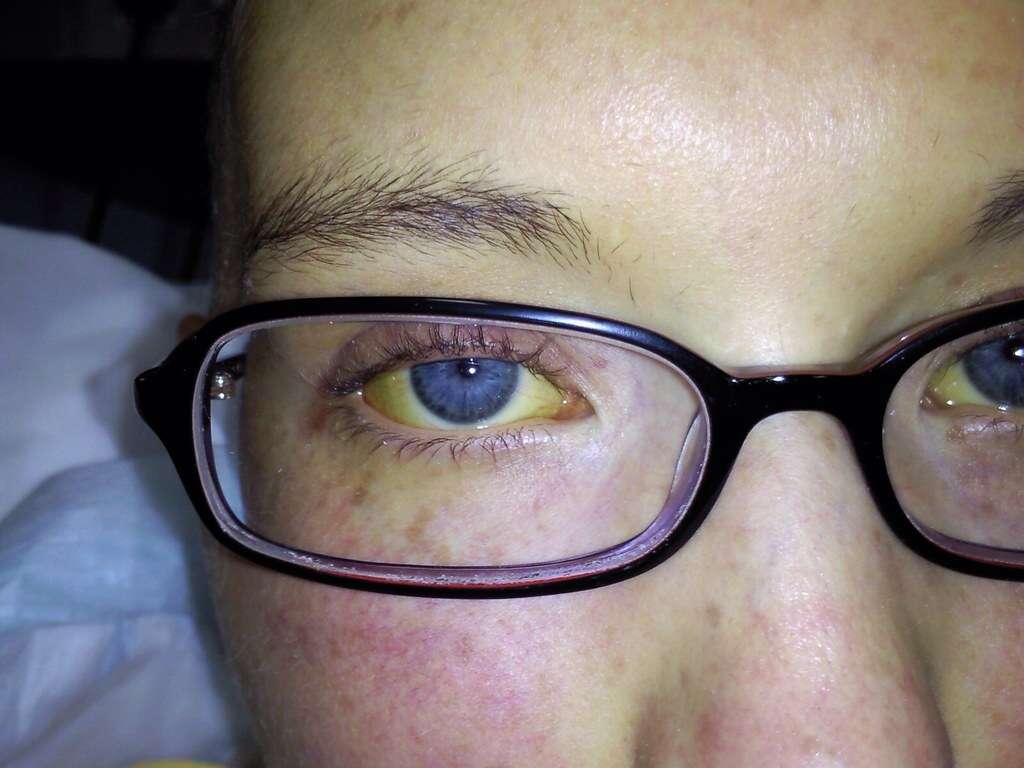10 Caffeine Withdrawal Symptoms
The FDA reports that more than 80 percent of American adults consume caffeine daily. Caffeine is a compound naturally present in various foods including coffee, tea leaves, and cocoa. It is also a common constituent in manufactured foods and other products like soda, medications, and supplements.
Caffeine causes some chemical effects in the body. There are several known mechanisms of action that explain the effects of caffeine on the body. One of the most important, is that it reversibly blocks the action of adenosine on its receptor (“steals” its place on the receptor), a molecule that is naturally present in our brain and structurally resembles caffeine. Normally, adenosine binds to its receptor and produces a feeling of tiredness. When caffeine is present, adenosine can’t bind and the opposite effect is seen in the body, generating a sense of alertness and energy. Additionally, the excess adenosine stimulates the secretion of another stimulant: adrenaline. Finally, dopamine (one of the brain’s natural stimulants) works more effectively when adenosine receptors are blocked. As a result, the brain’s chemistry changes over time, and neurons grow more adenosine receptors in order to bypass the effect of excess caffeine. This may explain why avid coffee drinker develop tolerance. It takes more caffeine to block the inflated quantity of receptors and achieve the same stimulant effect. This may partly explain why giving up caffeine can trigger withdrawal symptoms.
The 5th edition of the Diagnostic and Statistical Manual of Mental Disorders (DSM), includes caffeine withdrawal as a disorder. But don’t worry, the good news for us regular coffee drinkers is that compared to other drug addictions, the effects are short-term. These are usually more pronounced in the days following withdrawal and slowly wear off. You’ll only need to survive 7-12 days of withdrawal symptoms, in order to finally kick the habit (if that is your wish). Here are 10 caffeine withdrawal symptoms with which you may have to contend.
Symptom #1: Headache
If you’ve been taking caffeine for some time, when you stop taking it, it’s likely that you will suffer from headaches. Why? Because when caffeine is in your blood, it narrows down your blood vessels(vasoconstriction) including those within the brain. This slows down blood flow.
Once you cease taking caffeine, the diameter of your blood vessels readjusts by widening. This causes the amount of blood flowing through the brain to increase. It is this change in blood flow that leads to headaches as a symptom of caffeine withdrawal. The headache is generally present for around three days after you stop taking caffeine. Caffeine withdrawal headaches have a characteristic pattern, starting from the back of the eye to the front of the head.
Symptom #2: Irritability
After discontinuing consumption of caffeine, you can have exaggerated feelings of irritation and grumpiness. Some of these feelings can be quite irrational and uncalled for. But you should not be surprised or dismayed when this happens to you or someone you know as it is among the most common caffeine withdrawal symptoms.
Caffeine generally has a stimulant activity on the brain and, after prolonged use, the body gets used to the effects of using the substance. When there is stoppage in the use of caffeine, emotional changes can manifest within 2 to 3 days because you no longer benefit from the mood-enhancing and energy-boosting effects of the substance.

Symptom #3: Muscle Pain
Episodes of decreased muscle activity have been reported among people who have stopped using caffeine. This usually manifests as getting easily tired when exercising or engaging in other physical activity. Such a symptom is especially common among people who are used to taking caffeine during their workouts and high-energy exercises.
Upon withdrawal from caffeine, these people suddenly realize that they are unable to sustain the same level of intense activities without feeling extremely fatigued. Stiffness and cramps, as a result of increased tension in the muscles, usually accompany the muscle pain. The pain is related to changes in blood flow to muscles upon cessation of caffeine intake.
Symptom #4: Tremors
Dependence on caffeine can cause such manifestations as tremors upon withdrawal. Although rare, tremors are another caffeine withdrawal symptom that involve shaking, which is mainly seen in extremities, especially the hands.
Usually, the experience of tremors is coupled with feelings of anxiety and can last between 2 and 9 days. However, should these manifestations extend beyond this duration, it is advisable to seek medical attention to establish or rule out other causes of the tremors. During the withdrawal period, it is best to avoid activities requiring high technical precision.

Symptom #5: Lack of Concentration
It is not a surprise to expect that withdrawing from caffeine intake can result in poor concentration. Since caffeine is a stimulant, taking it increases alertness so that you are able to concentrate much more compared to the concentration achieved during a caffeine-free period.
The reason behind this is that caffeine promotes the release of hormones and neurotransmitters that are associated with elevated alertness and ability to concentrate such as dopamine and epinephrine. When the body readjusts after getting used to these stimulant effects, surges of decreased concentration at work or school can be experienced immediately.
Symptom #6: Fatigue
Taking caffeine brings about a feeling of stimulation and as, mentioned earlier, increased alertness and concentration. These effects are due to the interaction of caffeine with some protein targets known as receptors for the chemical adenosine.
When caffeine binds to these receptors, it prevents adenosine from accessing and binding to them. Binding of adenosine to the receptors is associated with feelings of drowsiness and fatigue, a characteristic manifestation among people undergoing caffeine withdrawal. In a study of over 200 people who were regular caffeine consumers, abstaining from caffeine for a period of 16 hours was shown to cause feelings of fatigue.

Symptom #7: Constipation
The stimulant effects of caffeine do not only affect the brain functions. Caffeine exerts significant stimulant effects in the digestive system whereby it promotes the movements of the intestines through enhanced contractions of the smooth muscles to propel the intestinal contents. As a result, caffeine encourages the defecation response.
When going through withdrawal from caffeine, these stimulant effects on the digestive system are missing and the system becomes less active. The resultant reduced intestinal contractions leads to decreased urge to pass out stools. This can lead to the unpleasant experience of constipation as the body readjusts to carrying out these processes without the assistance of caffeine.
Symptom #8: Change in Sleep Patterns
When you are used to taking coffee or other caffeine beverages, your body systems adjust to the effects of the substance. As with drugs that are usually abused, the body develops a dependence on caffeine. This reflects in withdrawal signs such as changes in the sleep patterns. Thus, upon withdrawal, the body struggles to attain a new balance, resulting in sleepiness.
Other causes of the changes in sleep patterns relate to the energy-boosting effects and promotion of production of stress-fighting hormones that caffeine is known for. Additionally, caffeine has been reported to influence the production of the hormone melatonin, which is responsible for controlling the sleep cycle.

Symptom #9: Depressed Mood
Sudden caffeine withdrawal can bring about a depressed mood. These depressive feelings are not related to some life situations or work pressures but are due to the lack of caffeine in our system. When using caffeine, your brain temporarily increases the production of a chemical substance known as serotonin, which is important in positive mood regulation. Moreover, chronic caffeine intake has been shown to increase the quantity of receptors for serotonin and their sensitivity to the molecule.
This means that cessation of caffeine intake results in decreased levels of serotonin and its effects. The brain has come to expect more action in its serotonin receptors, and when the brain’s abundant supply of the chemical is cut off, depressed moods and irritability can ensue.
Symptom #10: Anxiety
In the body, caffeine promotes production of the hormones cortisol and epinephrine, which have a central role in stress response. The actions of these hormones include helping the body to cope with stressful events or emotions. When you suddenly discontinue the intake of caffeine, sudden changes in the levels of these hormones can lead to feelings of anxiety.
The manifestations of anxiety are particularly enhanced among people who are used to taking caffeine found in sugar-loaded drinks such as soft drinks or coffee. Some people can demonstrate physical expressions of being anxious such as tightness of the chest and difficulties in breathing.











